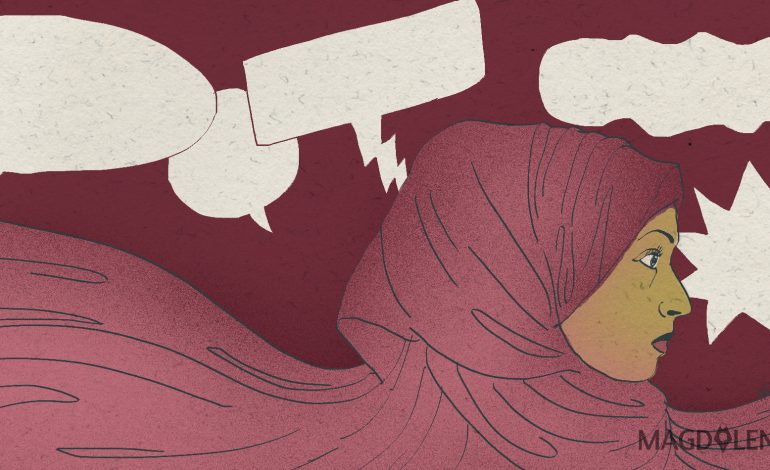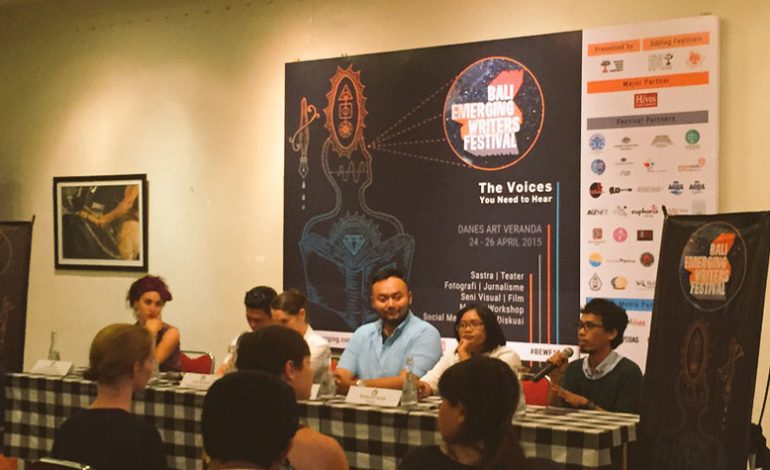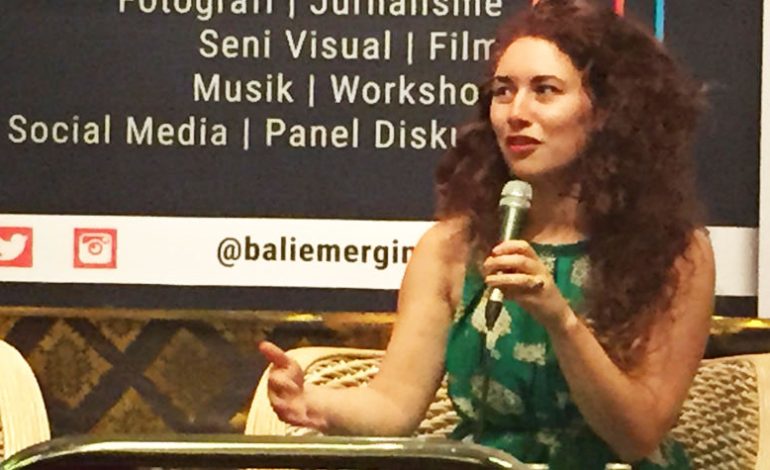Stop Telling Women in Hijab to Accept the “Salaam” Catcalls!

Simply by the virtue of womanhood, we are exposed to certain things that, for a majority of men, are mere abstractions. Menstrual cramps, the horror of sleeping accidentally in makeup, and the self-torture device otherwise known as high-heeled shoes are some easy examples. But few of these things can feel more dehumanizing, or pose a greater danger, than catcalls.
Catcalls, at first sight, may pass like nothing more than petty annoyance. Which is why we tell our girls: ignore them, just keep walking. Stretch it further and you may even confuse them with compliments, though they are always too self-serving to pose as one. Compliments are meant to build others, and in the process, improve the relationship between the receiver and the giver. Catcalls could not care less. They exist only in the interests of their givers, a testament to their sexual desires or a vulgar instrument to pass the time. The worst thing is you can never predict if they will turn into something more dangerous – because they can, and they have.
So it is interesting that some of us suddenly become catcall apologists when the targets are the women in hijab.
“At least they receive the salaam,” a senior in my university once said to me. “Definitely better than the usual ‘Hey, sweetie!’”
But is it really better, I wonder?
If they honestly wished you peace, they would have left you alone
For women in hijab, a large chunk of the catcalls they receive inevitably invoke religious connotations. Just ask them how many times random strangers have shouted “As-salamu ‘alaykum” at them when all they wanted was to be left alone.
“Salaams are a form of prayers,” said another catcall apologist I know. “So when they shouted that, what they were actually doing was to pray that peace be upon you.”
But what’s lost from this argument is that intention matters. I am speaking as a woman who spent her entire teenage years and early adulthood – from age 11 to 20 – wearing the hijab in public full time. I am speaking as a woman who has heard an expression of goodwill from the religion she grew up in disrespectfully misused by someone for nearly a decade.
Seriously, if those men actually wanted me to have some peace, they could have just left me alone. They would not have shouted at me – no matter what it was that they shouted – or raised their voice when I pretended not to hear them. They would not have cackled and chortled and stared at me like I was some twee, funny-looking, well-dressed dog.
And now that some people suggested that these shouts are prayers, I am confused. Am I supposed to accept them now? Am I supposed to even be grateful for them?
No catcalls should ever be rationalized, and no women should ever be told to accept them
One bad consequence of rationalizing catcalls is it discourages the targets to stand up for themselves. Now I know that to respond to your cat callers is risky, and even I do not always think it’s wise. But it can work, and when it does, it can make us feel really good. I truly wish more women would dare to do it.
After all, if we are to have some peace, we must be able to maintain a “room” of our own; a space respected by all men and women around us. And this space must be fought for.
We should not give catcallers a free pass just because they are shouting in Arabic. These people must know that invading personal space, whatever their means and methods are, is disrespectful and unacceptable.
Some of the boldest and smartest people I know are hijabis. We can stop telling them to pretend they are not disturbed, since they sure as hell can distinguish a well-intended salaam from mere catcalls. Stop asking them to look at a positive side that does not exist.
I long for the day when a walk in the park for women would be just that – a damn walk in the park. I would never have to worry about changing my routes to avoid a particular group of men. I would not have to think whether my clothes are too tight or “revealing” (ugh, really hate that word). I would not have to worry about anything, except probably the weather. So let’s make this happen by reminding ourselves that awful, stupid catcalls are just that – awful, stupid catcalls.
Aulia Rizda Kushardini (@AuliaKdini) is a student at Universitas Gadjah Mada, now desperately pushing for graduation. She is a Taylor Swift fan and one day hopes to marry her dog. On weekdays she edits Hipwee.com.






















